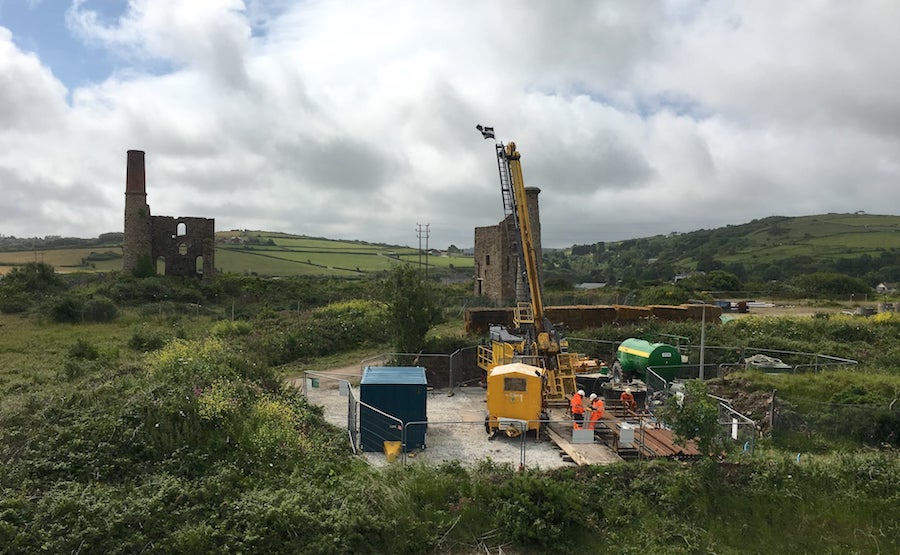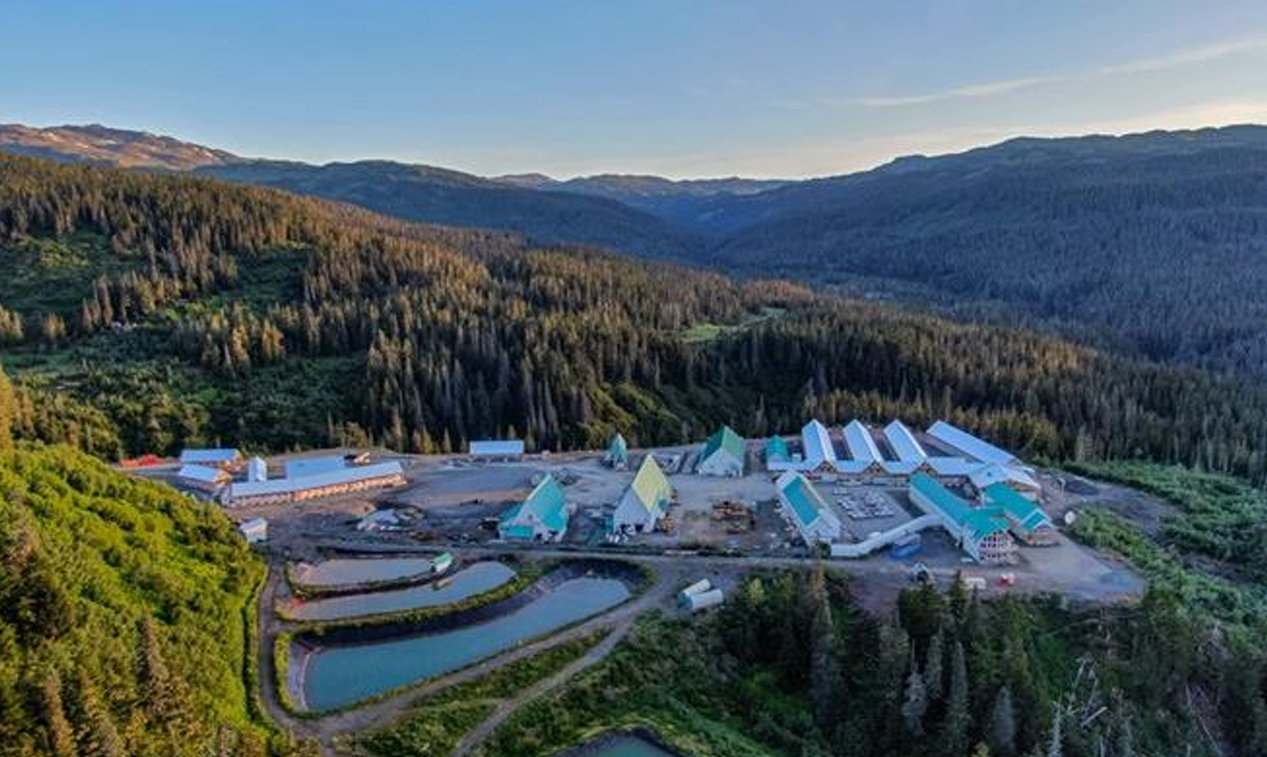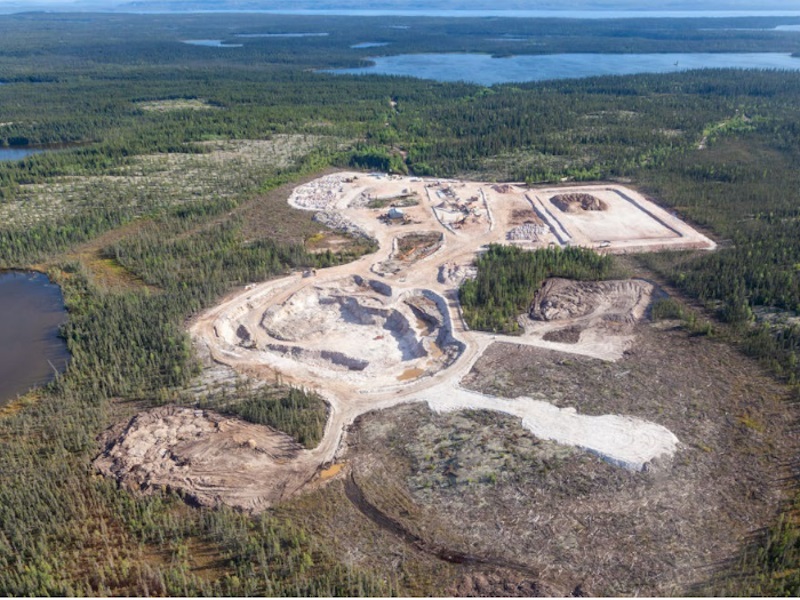The updated mineral resource estimate, which was divided into the lower mine and upper mine areas for reporting purposes, also revealed an almost 130% gain in inferred tin resources at the lower mine to 1.94 million tonnes.
“We are very pleased with the outcome of this new mineral resource estimate, which shows a material increase in both tonnage and contained tin in the ground at South Crofty,” chief executive Richard Williams said in a statement.
Cornish noted the tonnage and contained tin in the updated resource estimate are much higher for the lower mine than the metrics in the upper area.
The Vancouver-based company is working on re-opening the South Crofty mine, which was closed in 1998 following more than 400 years of almost continuous production.
In July 2016, Cornish Metals completed the acquisition of the South Crofty and United Downs copper-tin projects. A year later, completed a preliminary economic assessment in 2017, which demonstrated the economic viability of re-opening the operation.
It also acquired additional mineral rights in Cornwall, covering an area of about 15,000 hectares that hold past-producing mines which were historically worked for copper, tin, zinc, and tungsten.
Cornish’s resource estimate update comes as England’s Department for International Trade published a report touting Cornwall’s mining sector as a “high potential opportunity” for investment.
Cornwall has the potential to supply two-thirds of Britain’s lithium needs – the equivalent of one million electric vehicles per year, the study shows. This will greatly assist in the government’s planned phase out of new gasoline and diesel cars by 2030, it adds.
British miner Cornish Lithium is testing a new technique to extract the battery metal and recently secured a share in £9.4million ($13.3m) in government investment for a full-scale extraction plant.
The trade body also highlighted Cornish Metals’ progress at both South Crofty and the United Downs copper-tin project.
“As the UK moves towards net zero, Cornwall will be at the heart of the extraction of high-technology metals, growing our economy and establishing a secure and responsible UK supply chain,” said Darryn Quayle, mining specialist at the international trade department.
The need for base and high technology metals is expected to significantly increase in the near future. Reports show the demand for lithium is expected to increase by 400% during the next six years and, following a seven-year high price strength in 2020, copper is projected to have a supply deficit of 327,000 tonnes in 2022.
“The opportunity for tech metal mining in Cornwall is significant,” Cornish Metals chief operating officer, Owen Mihalop, said in the release accompanying the government’s report.
“At our South Crofty site we’re primarily focused on tin – the forgotten foot soldier of the high-tech world – which is used in absolutely everything that we need for our modern lives, from mobile phones, robotics and computing to power generation and storage,” Mihalop said.
High demand for consumer electronics and issue shipping metal out of Asia have created a shortage of tin, pushing prices for the metal near records for the first time in a decade.
On the London Metal Exchange, the price of tin to be delivered in three months has soared almost 50% this year to $30,332 a tonne, outperforming other metals including copper and aluminum. Tin last fetched as much at the height of the run-up in metal markets in 2011, when prices crested at more than $33,000 a tonne.




